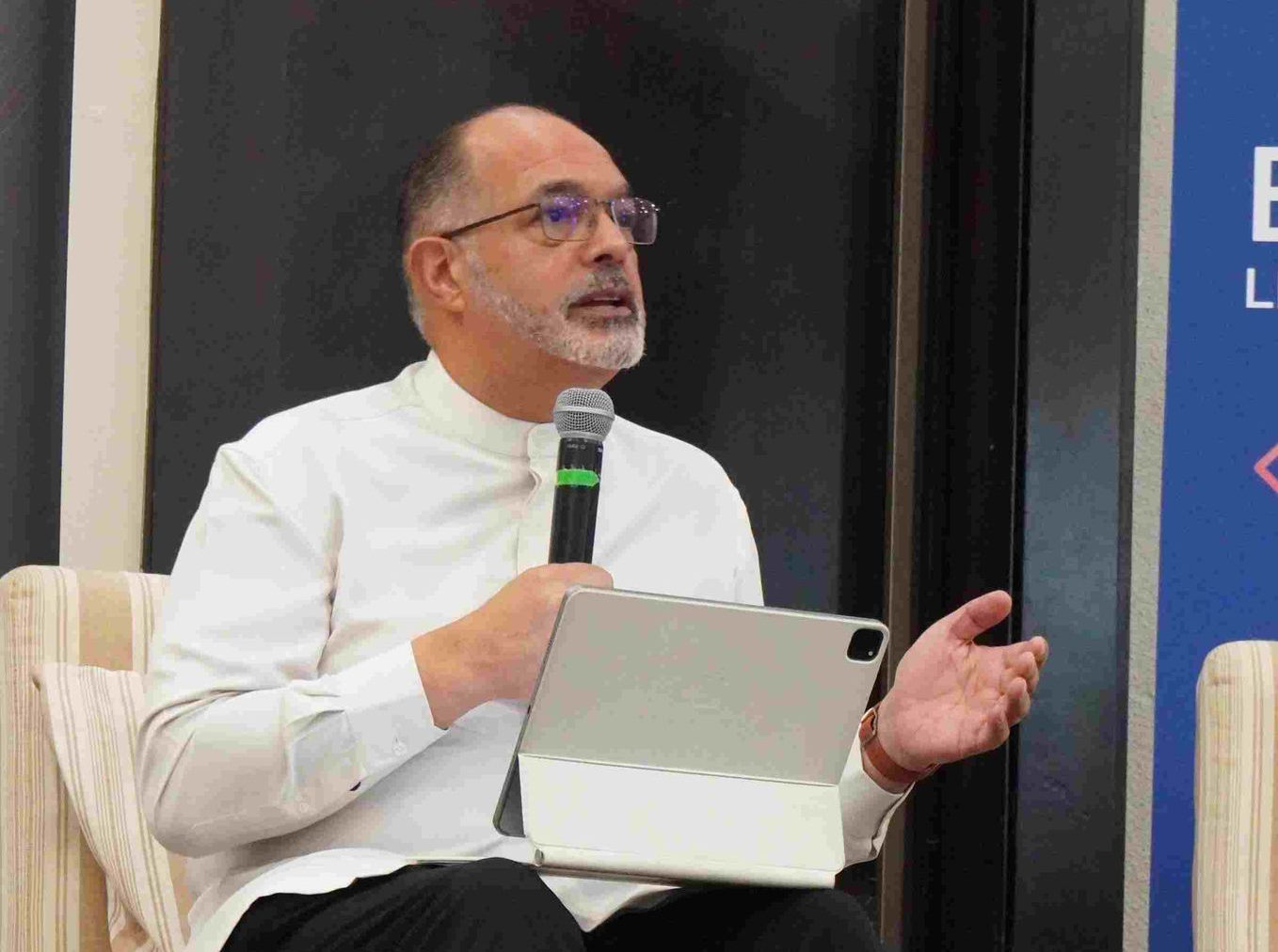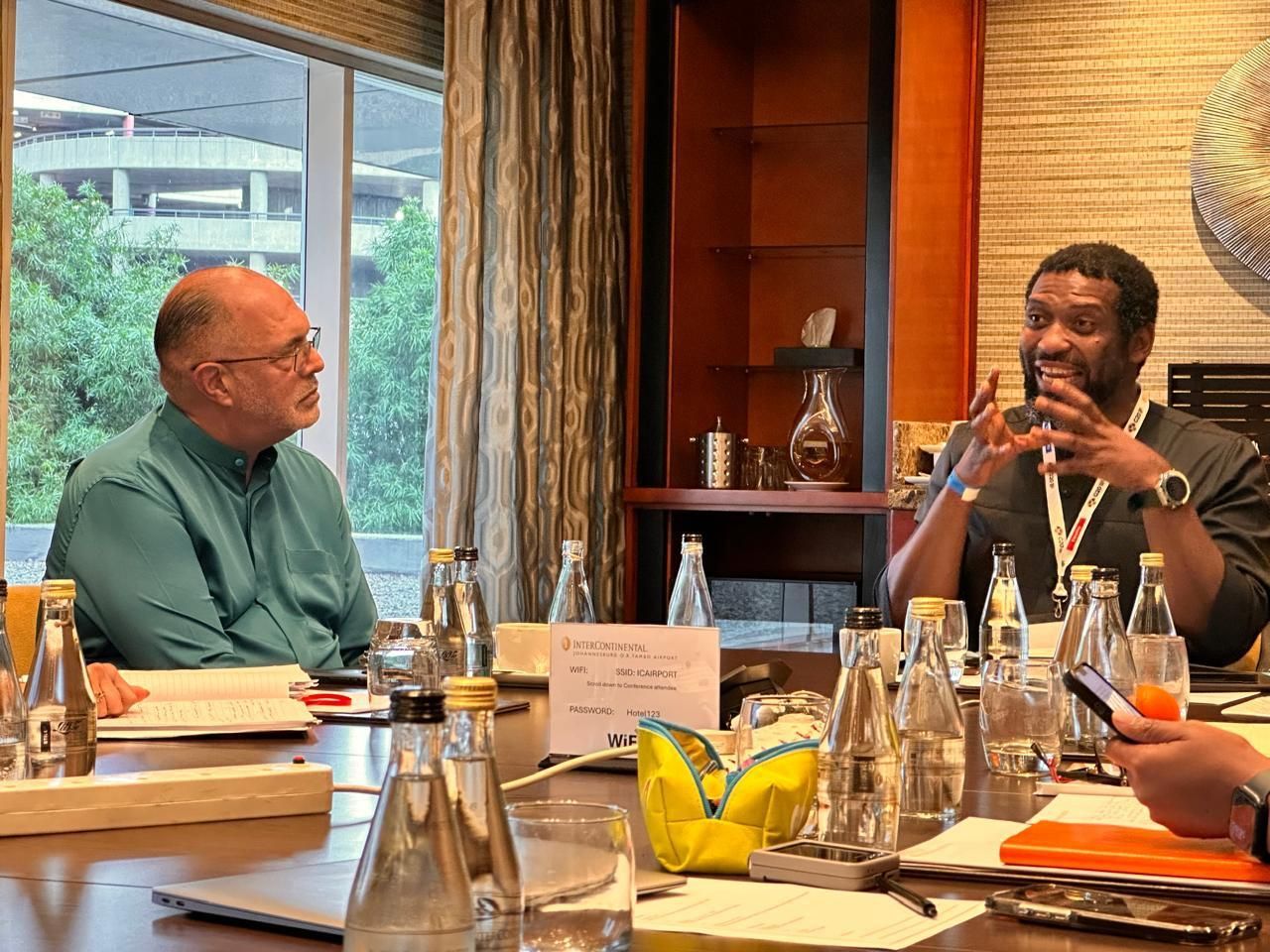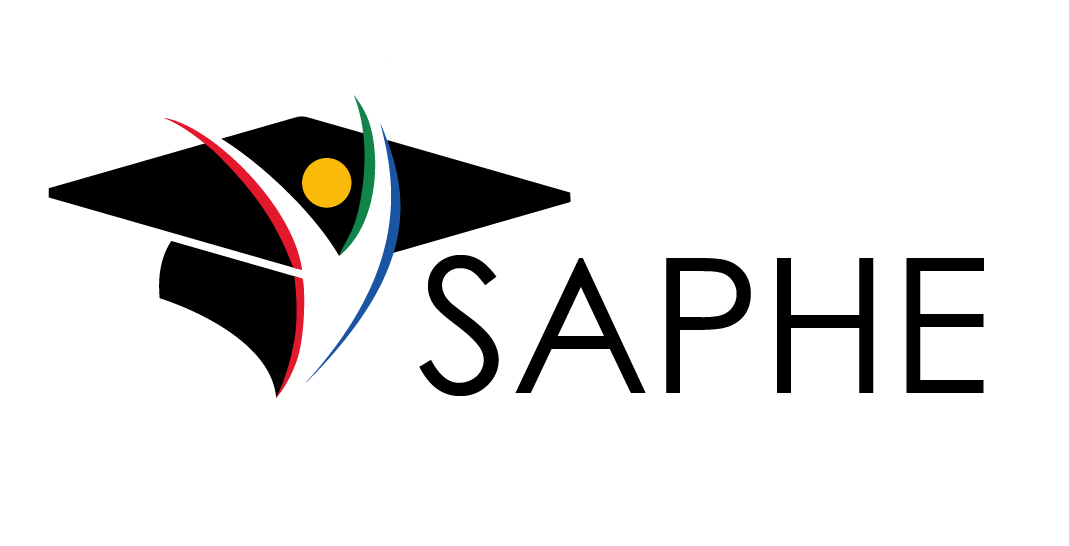Nurturing quality: A fresh perspective on quality assurance
The South African Private Higher Education (SAPHE) association, in collaboration with the Association for Private Providers of Education, Training and Development (APPETD), recently co-hosted the second workshop on behalf of the Council of Higher Education (CHE) to discuss the implementation of the new Quality Assurance Framework (QAF) in Cape Town on 11 May 2023.
"It was an engaging and valuable workshop from which we all have greatly benefited," says Dr Jannie Zaaiman, Chairperson of SAPHE. "The event not only provided valuable guidance on the QAF but also fostered engagement and collaboration among Private Higher Education Institutions (PHEIs)."
Feedback from SAPHE members who participated in the workshop reinforced the value it brought in clarifying the new QAF. This framework signifies a fresh approach to quality assurance, with institutions embracing increased responsibility and accountability for the quality of their educational offerings.
Dr Rob Stegman of Boston City Campus highlighted a key takeaway from the workshop: the importance of thoughtful and reflexive practices in accounting for and describing internal quality assurance systems. "The workshop also framed the importance of the higher education practice standards as a reflexive guide for thinking about quality in higher education. I believe the QAF represents a significant moment in South Africa's story of higher education. Its use of a generative and reflexive methodology—a unique feature compared to international examples—will transform how we think about quality and move us beyond compliance towards a thoughtful, inquiring, and contextually relevant application in South Africa."
Dr Peter Ayuk, Executive Dean: TSHIBA, said the workshop helped ensure a shared understanding of the principles, implications, and expectations of the QAF. He believed that implementing the QAF would streamline quality assurance processes, leading to faster turnaround times. Ayuk also highlighted the positive impact the QAF could have on the quality of higher education, encouraging greater initiative, responsibility, and engagement at the institutional level. "It signifies a shift toward greater self-regulation and the cultivation of a mature quality assurance ecosystem," he said.
Ayuk emphasised the importance of greater collaboration among peers and the promotion and sharing of QA scholarship. He found it encouraging to hear sentiments around more collaboration and less competition - "a willingness to work together for the common good."
According to Dr Dave Naidoo, Registrar at Eduvos, PHEIs play a pivotal role in higher education that should not be underestimated. "The role of PHEIs has become significantly more important over the years, considering the huge demand for higher education versus the limited capacity of public institutions. The close engagement between academic staff, administrators, management, and students at private institutions fosters a sense of service, support, and success."
Naidoo highlighted that private institutions consistently benchmark the quality of their offerings against renowned academic institutions and industry partners to ensure competitiveness, relevance, and the highest standards. He emphasised the importance of benchmarking and review as vital aspects of quality assurance. "In this regard, I see a cross-pollination of best practices across private and public institutions. PHEIs can offer valuable insights into the quality standards within the framework."
Naidoo proposed a themed approach that unpacks elements of the standards for discussion and input by each PHEI, ensuring continued consultation and collaboration with stakeholders in the development and implementation of the QAF.
Workshop participants unanimously agreed on the need for similar engagements and the importance of responding to the CHE with a unified voice representing private higher education.
Considering the significant work being done by the CHE and the Communities of Practice (CoPs) in South Africa, which involve colleagues from both public and private higher education institutions, SAPHE calls on all member institutions to actively participate in this process. You can either directly engage with Dr Zawada and her team (Baloyi.M@che.ac.za) at the CHE or forward suggestions to SAPHE (management@saphe.ac.za), who will liaise with her team.



